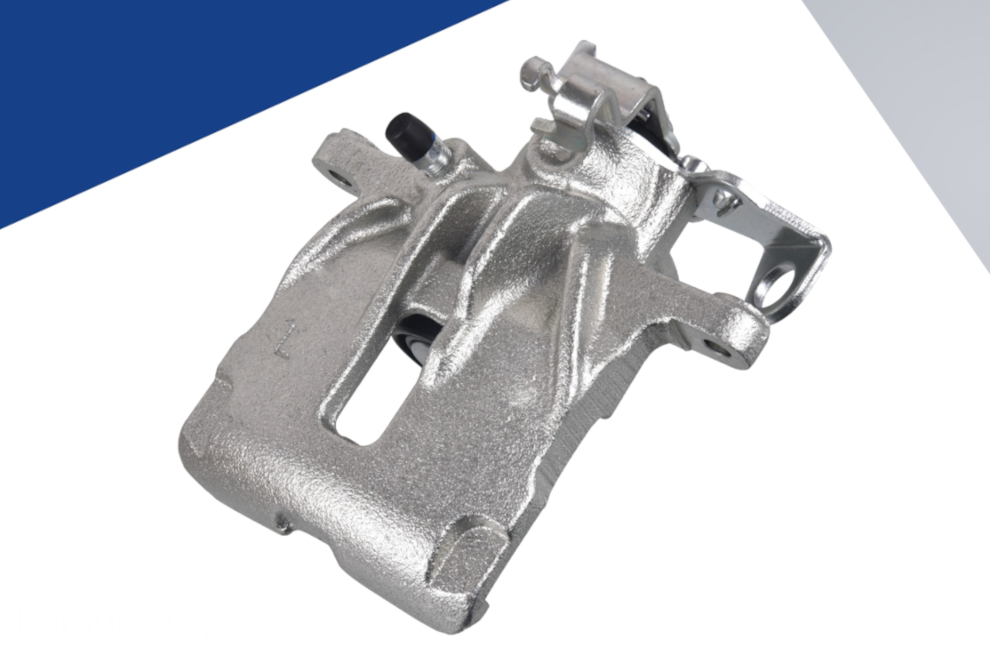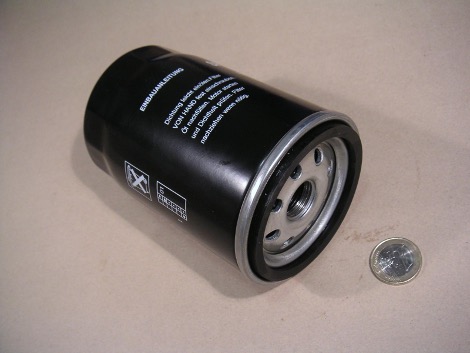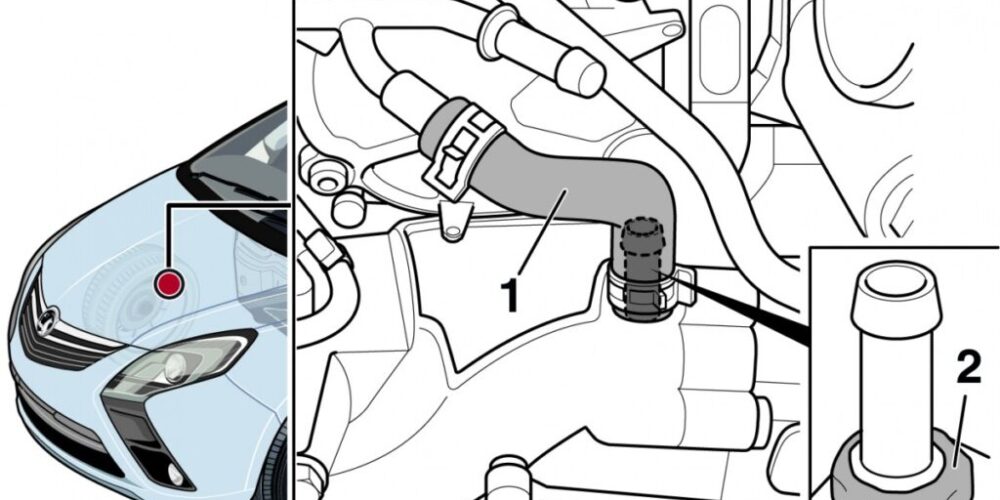Blue Print solutions – how to identify rear brake caliper damage?
The Fiat Talento 2, Nissan NV300 and Primastar 1, Vauxhall Opel Vivaro A & Vivaro B, Renault Trafic 2 and Trafic 3 are small vans that use the same rear brake calipers. Occasionally, these calipers fail. Blue Print specialists explain what symptoms indicate a damaged rear brake caliper.

The function of the brake calipers on the rear axle
The rear brake caliper is one of the main components of a vehicle’s braking system. It is actuated hydraulically – when the main brake is used, or mechanically – when the parking brake is applied. By means of hydraulic or mechanical force, the brake caliper exerts pressure on the rear side of the brake pad, and thus causes the friction material of the brake pad to press against the working surface of the brake disc.
Causes of defects in rear brake calipers
The brake caliper numbers listed above fit many popular commercial vehicle models. All of them are prone to problems with the operation of this element. The inability to retract the brake piston when replacing the brake pads, faster wear of the friction lining of the inner brake pad compared to the outer pad, and ineffective operation of the parking brake are just a few of the symptoms of a “sticking caliper”. Continuous exposure to particles of sand, pebbles and road debris, as well as constant temperature changes, can lead to cracking of the rubber cover protecting the brake piston. This, in turn, allows water and particles that scratch the piston to get through. The result is damage to the piston seal and leaks of brake fluid. Also, the seal of the handbrake lever passing through the caliper body is prone to similar problems, which translates into ineffective operation of the parking brake. The handbrake adjustment screw and mechanism can become contaminated and baked. In this case, the effectiveness of the parking brake decreases.
 Part numbers:
Part numbers:
LH ADBP450000 RH ADBP450001
LH ADBP450014 RH ADBP450015









